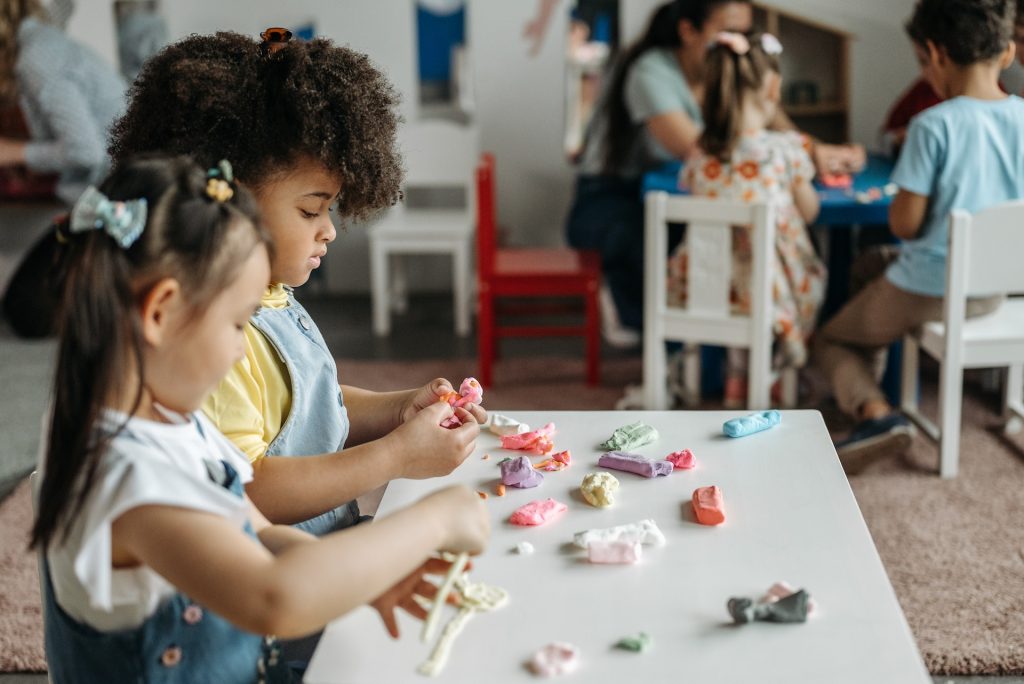7.5 Diversity in Early Years Settings

As stated earlier, children, families, and educators all enter the learning space with different worldviews informed by different social locations. This diversity is what makes the early years learning space so enriching. Educators have a special role to play in setting the foundation for diverse perspectives to be noticed, shared, and celebrated. Everyone who enters the learning space must be able to see themselves in the space in order to feel a sense of belonging and to develop a strong sense of well-being. Educators engage in culturally responsive teaching as part of their practice in education and care in early years settings.
Culturally responsive teaching (CRT) or culturally relevant teaching respects and includes the cultural traditions, knowledge, and ways of being of children and their families so children can see themselves in the early years setting (Burnham, 2020).
“This way, students can see themselves in some of what they’re reading and not just the white, western world. The learning is more experimental, more hands-on,” she says. “Instead, you’re showing them a worldwide, multicultural community and looking for different interpretations while relating it to what it means for society today.” Dr. Cherese Childers-McKee (Burnham, 2020, para. 7)
Read
Read 5 Culturally Responsive Teaching Strategies by Kirsten Burnham to learn more about culturally responsive teaching strategies for the early years setting.
Young children have not developed the same level of bias as adults but as they grow they may be exposed to biased perspectives. Educators play a powerful role in the lives of children and can support their development of respect and care for those with different perspectives from their own. Early years settings have a responsibility to ensure policies and procedures embed anti-bias principles so that educators can model this behaviour in their interactions with families, colleagues and within the community. Ongoing communities of practice within organizations and communities support the professional growth of educators to move towards a more anti-biased approach to guiding young children.
Read
Read Helping Children Respect and Appreciate Diversity to support your knowledge in guiding children in an anti-bias learning environment.
Read (PDF) more about Diversity and Culture in the October 2020 Practice Guideline from the College of Early Childhood Educators.
Explore Culture and Language on the First Nation Early Learning Collaboration Website to learn more about resources available to support knowledge building around Indigenous culture and language in Ontario.

